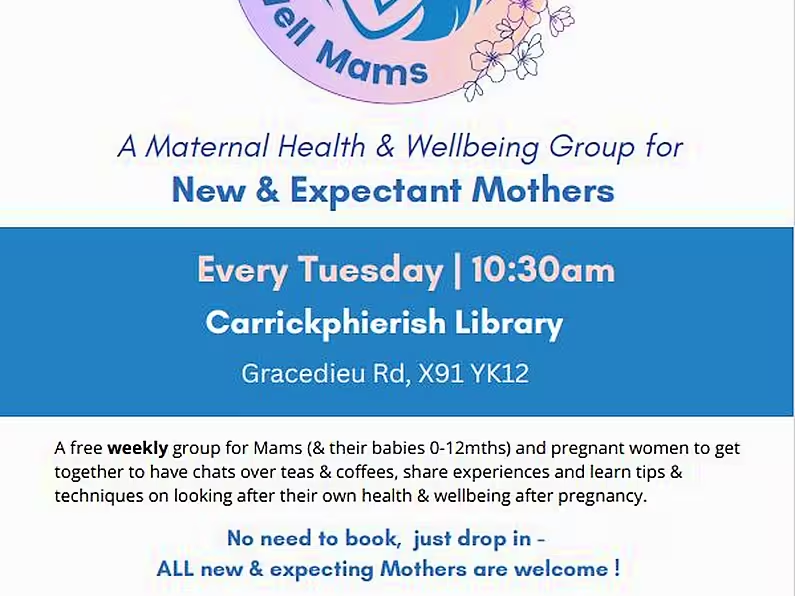Almost 4,000 people are waiting for counselling with the HSE National Counselling Service, as anxiety and stress associated with the pandemic fuels demand for appointments.
According to the HSE, there were 3,879 clients waiting for counselling with the service at the end of April.
As the Irish Examiner reports, of all clients waiting for counselling most (57 per cent) were waiting three months or less and 20 per cent have opted to wait until face-to-face counselling is available.
The HSE said the recent cyberattack meant more up-to-date figures were not available.
A HSE spokesperson said: "Covid-19 has impacted referrals to the National Counselling Service (NCS). While there was an initial drop in referrals at the beginning of the pandemic, more people are now seeking counselling as a result of anxiety and stress associated with the pandemic.
"The NCS has expanded in response to those needs identified and is also contributing to the HSE’s psycho-social response to the pandemic through provision of a bereavement counselling service for those who have experienced bereavement during the pandemic."
It comes as a new study of the Counselling in Primary Care service (CIPC) — the first and only nationally available public counselling service here — found that it achieved positive results for most of those using it.
Psychological difficulties
The CIPC, established in 2013 as an expansion of the HSE National Counselling Service, provides time-limited counselling contracts of up to eight counselling sessions for people suffering mild to moderate psychological difficulties.
The study provides initial data for the effectiveness of short-term psychotherapy delivered in a primary care setting in Ireland for the first time.
It looked at outcome data from 2,806 clients receiving therapy from 130 therapists spread over 150 primary care locations throughout Ireland and then six and 12-month follow-up data from a sub-sample of 276 clients.
It said that of 14,156 referred clients, 5,356 presented for assessment and 52.3 per cent (2,806) consented to participate, around 75 per cent of whom were women.
“Between assessment and post-therapy a large reduction in severity of symptoms was observed,” it said. “Furthermore, 47 per cent of clients achieved recovery, a further 15.5 per cent reliably improved, 2.7 per cent reliably deteriorated and 34.7 per cent showed no reliable improvement.
“Outcomes for clients in the CIPC service compared favourably with large scale counselling and psychotherapy services in jurisdictions in the UK, the US, Norway, and Sweden.”














